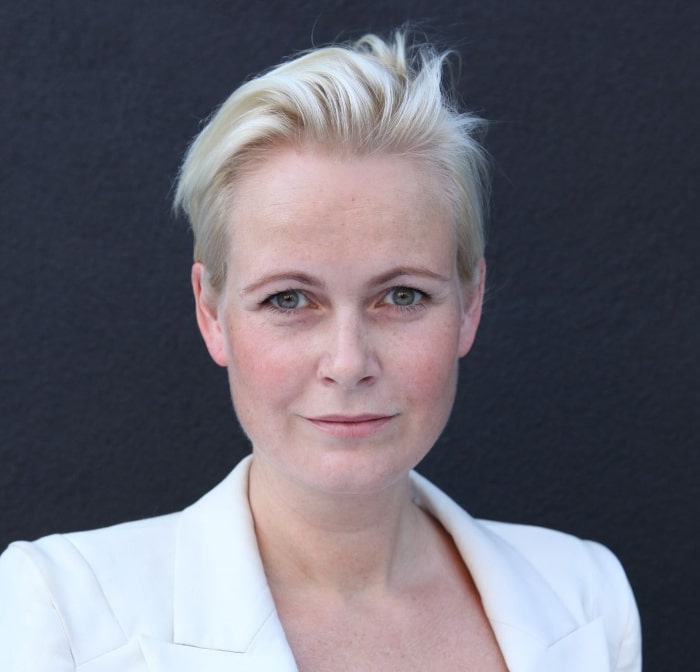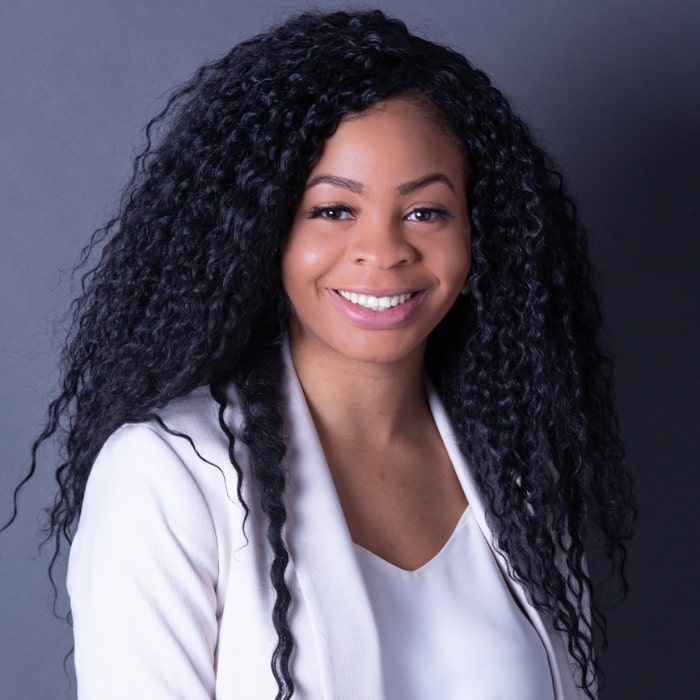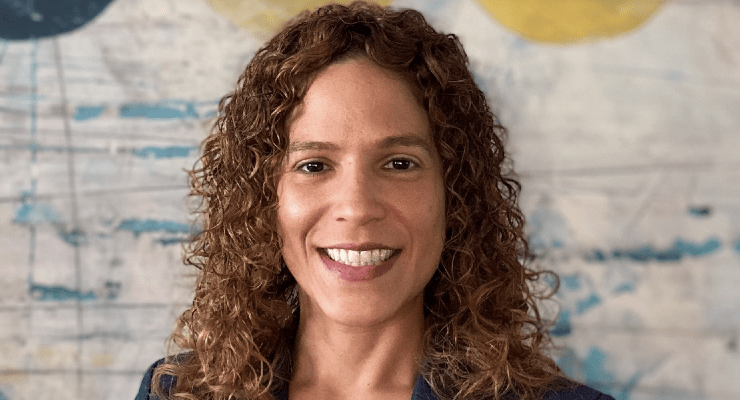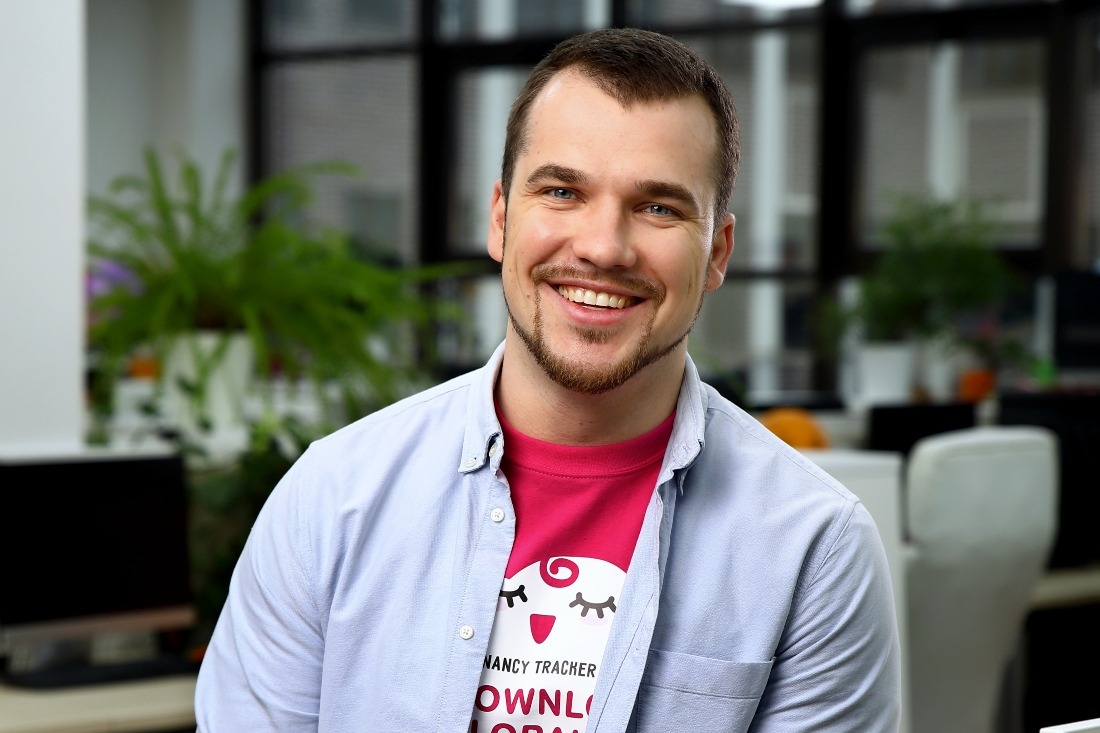To celebrate International Women’s Day we asked seven FemTech female leaders to talk us through the rewards and challenges of working in the FemTech space.
Of the seven female FemTech leaders we interviewed, every single one of them said the biggest challenge in the space was investors not caring or understanding about women’s health issues. Despite this obstacle, all seven founders emphasised the rewarding and supportive environment FemTech offered, and the ability to be part of something revolutionary.
So, as a female founder in the FemTech space, what does it mean to be a woman?
You Can Be Part of An Empowering Movement
Crystal Evuleocha, Founder of Kiira Health, summarised everyone’s feelings perfectly when she said “There are so many positives but one main plus I see is in being able to be in the driver seat of change for women as a woman.” As Crystal went onto say, FemTech has given women a space to “build companies and develop research that will have a direct positive impact on their lives and future generations.”
Ann Garnier, Founder of Lisa Health, agreed with Crystal. Ann said, “I love this organic movement to lift women up, and in the process, grow the FemTech space.” For Ann, “Women tend to want to be deeply connected to a mission-driven organization that aligns with their interests, and FemTech ticks those boxes for many.”
For Patricia Lopez, Founder of MyHixel, the empowering part of FemTech was the doors it had opened for many. As she said, FemTech has given “female entrepreneurs the voice and the chance to demonstrate its capability and has helped female founders to pull their projects.”
Danika Kelly, Founder of MyNormative, highlighted another avenue of empowerment. She noted that “FemTech is one of the few arenas in which investing financially in innovation in the areas of diversity and inclusion are readily discussed as viable business strategies and solutions, and not just PR decisions.”
You Can Change the Narrative about Women’s Bodies

Sarah Cottee, Co-Founder of Immi Watch, said the greatest reward for her was “The ability to talk about the issues we were never encouraged to talk about before.” This access to more knowledge also provided her with “the opportunity to learn more about our biology.”
Sophia Yen MD, Co-Founder of Pandia Health, also raised this point. She said, “FemTech specifically addresses technology that will benefit women.” For Sophia, this was a huge positive as “women’s health, menopause, and more have been neglected for so long”.
Mette Dyhrberg, Founder of MyMee, highlighted these opportunities too. As she said “finally there’s a growing space that will be dominated by women! As a result, FemTech is busting taboos around women’s health.”
Raising Investment is Hard
All of the seven female founders we interviewed raised the issue of investment and fundraising. The founders highlighted this as a major obstacle to any female founder in the space.
Ann Garnier, who runs Lisa Health a menopause-focused digital health company, summarised the points perfectly. “It can be difficult to raise money. FemTech still attracts only a small percentage of venture capital. There are more female investors than ever before, but the investment community remains male-dominated.”
The problem with this male-dominated space, our interviewees said, was the lack of knowledge. As Danika Kelly, who runs MyNormative a women’s health tracking app put bluntly, “I didn’t think I would need to explain to investors that women’s health is more than just making babies in 2021.”
This point was confirmed by Sarah Cottee, who runs Immi Watch, a menstrual tracking wearable company. Sarah said, “Sometimes we have to spend more time explaining the reason why we’re working on this issue than the solution itself!”
As Ann Garnier reasoned, “it can be a challenge to convince a male investor to invest when they don’t have firsthand experience with the problem you’re solving, but it’s not impossible.”
Patricia Lopez, whose company MyHixel provides SexTech for men, emphasised this possibility, and noted that “there are business angels and venture capital groups exclusively for women-led startups and that gives me access to international capital.”
However as surmised by Mette Dyhrberg, whose company supports users with autoimmune flares, “venture-funded entrepreneurship remains largely a Y-chromosome game.”
The FemTech Network is Super Supportive
Whilst the investment space may be male-dominated, a lot of our female founders raised the supportive nature of FemTech.
Ann Garnier, emphasised this point when she said, “the FemTech community is an incredibly supportive group of individuals who genuinely want each other to succeed.” Ann went onto say, “there hasn’t been a single person I’ve connected with that hasn’t offered to help me in whatever way they can.”
Building this community, and using it to your advantage was a point of advice from many female founders. Sarah Cottee guided FemTech newbies to “connect with as many people in the space as possible – ask for 10mins of their time and know your niche.”
Sophia Yen, joined Sarah with this guidance, joyfully stating “Welcome to the team!”. Sophia went onto advise female entrepreneurs to “build your network of women supporters and male allies.”
You’ve Really Got to Believe in Yourself
Most of our founders stressed the need for self-reflection and self-belief.
As Mette Dyhrberg recommends, “Don’t be deterred by lack of industry knowledge”. She went onto say, “sometimes the best ideas come from an analogous field. Understand it may take a new approach to solve a problem that has not yet been solved.”
Sarah Cottee reflected that the invigorating nature of the space can sometimes be overwhelming. She said, “there’s a lot to solve so it’s easy to get carried away, but staying focused and understanding what makes you different is key.”
This focus was stated by Ann Garnier who recommends, “before you quit your day job, do as much research as you can to validate demand and the revenue model for your idea.”
Patricia Lopez, focused on the power of FemTech, stating that “Tech is the future for companies, nowadays everything that surrounds us has its technological influence, even health.” With this in mind, Patricia advises female entrepreneurs, “to jump into the adventure and hold tech advances to get any opportunity tech can give them.”
Danika Kelly wanted to leave on this motivational advice: “good people want you here -but it’s still going to be a hard and uphill battle!”

Sophia Yen, MD – Founder of Pandia Health 
Patricia Lopez – CEO of MyHixel 
Mette Dyhrberg – Founder of MyMee 
Danika Kelly – Founder of MyNormative 
Sarah Cottee – Co-Founder of Immi Watch 
Ann Garnier – Founder of Lisa Health 
Crystal Evuleocha
With thanks to our female founders








